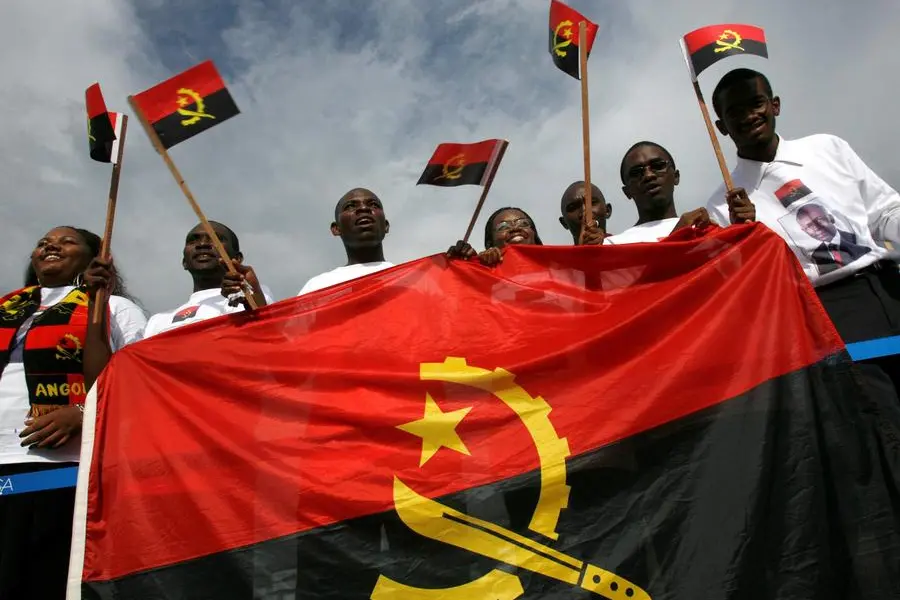PHOTO
WASHINGTON - Angola's government is focussed on securing more funding from multilateral lenders such as the World Bank for critical infrastructure projects to boost the country's electricity and water provision, its finance minister said on Friday.
Africa's number two crude exporter is also ready for closer ties again with the International Monetary Fund (IMF) if needed, Vera Daves de Sousa told Reuters in Washington where she is attending the IMF and World Bank annual meetings.
Angola has pushed ahead with ambitious reforms, spurred by sovereign credit rating downgrades and tumbling bonds early in the pandemic, earning rating upgrades in recent months and placing its bonds and currency among Africa's top performers.
"In the next five years our focus will be the real economy," Daves de Sousa said.
"We are thinking to work more with World Bank and African Development Bank to focus on development projects that allow us to put electricity and water in the key provinces and unlock the development of those provinces."
The minister didn't specify the type of projects nor the amounts the country is discussing with multilateral lenders.
On the country's relationship with the IMF, Daves de Sousa said Angola was not looking for any financing from the Fund for now.
"We work hard and we are getting the results coming from the programme with the IMF," she said, referring to the country's $3.7 billion three-year programme which expired end-2021.
What needed to be done now was work closely with the IMF under the monitoring programme to embed the results and look at what more reforms could be done, she added.
"That's the strategy of cooperation with the IMF until now - of course we are open to explore other avenues."
MARKET UNCERTAINTY
While the country is not in urgent need of financing aid, a global context of high interest rates means that Angola won't be able to tap international debt markets for some time.
"We will move only when the market is ready," she said, adding that the government is still working on an ESG sovereign bond framework, in line with environmental, social and corporate governance principles. This type of bond was on the country's goals early this year before Russia's invasion of Ukraine.
It is also considering applying for the IMF's Resilience and Sustainability Trust (RST) - which is designed to help countries ensure sustainable growth - though no decision has been made.
The country has privatised 94 state-owned enterprises year-to-date, prioritising small operations through electronic tender. Efforts to claw back state assets lost to corruption had garnered revenues of up to $2.3 billion since the privatisation programme started.
The minister forecast economic growth of 3.46% in 2023 after 2.7% growth this year. "Our population is growing at 3% per year. So we need to grow more than that, we will keep working," she said.
(Reporting by Jorgelina do Rosario in Washington, editing by Karin Strohecker and Emelia Sithole-Matarise)




















